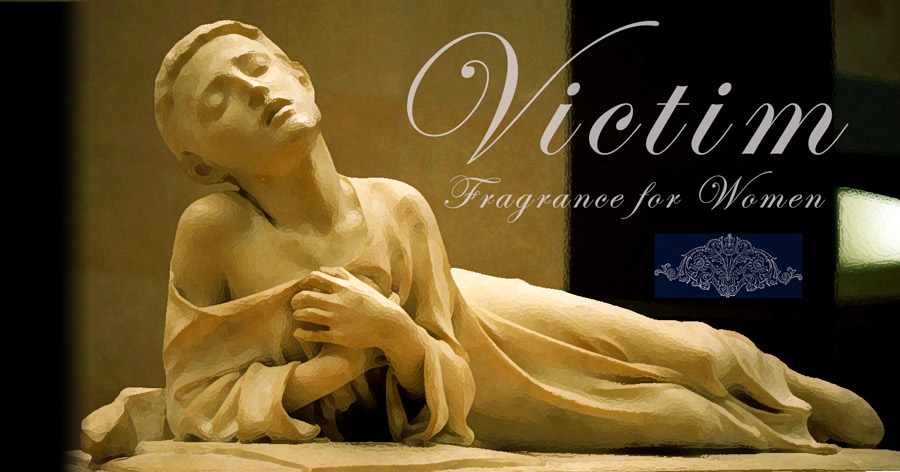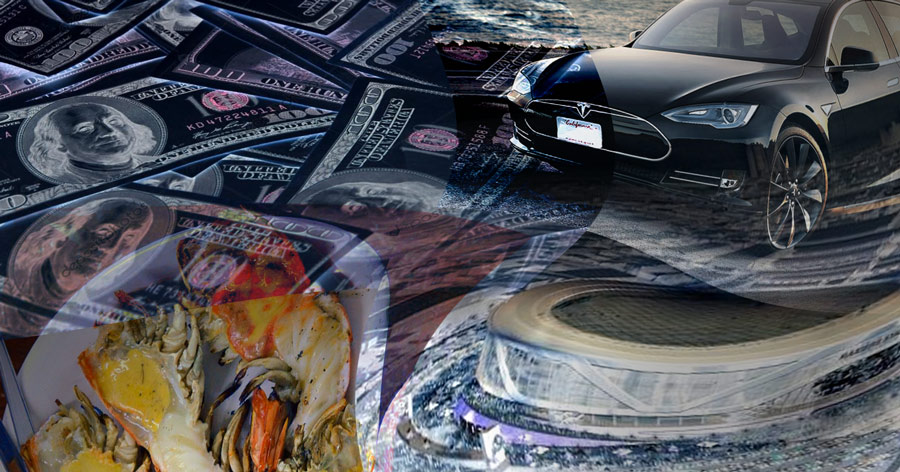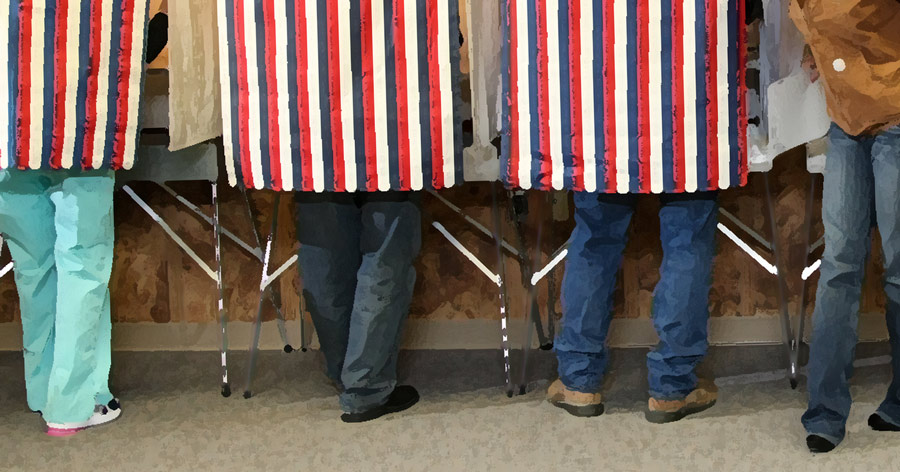“You’ve just spoken eloquently about the sexism, the misogyny and inequity around the world,” CNN anchor Christiane Amanpour said* to defeated presidential candidate Hillary Clinton, “but do you believe it exists here still?”
The audience at Tuesday’s Women for Women International luncheon in New York City erupted in laughter, cutting Amanpour off. A second round of chortles ensued when Hillary Clinton touched the side of her face in wonderment, uttering, “Hmmm?”
“Were you a victim of misogyny?” Amanpour continued. “And why do you think you lost the majority of the white female vote. . . ?”
“Well, the book is coming out in the fall,” Hillary joked. “Yes,” she went on, turning serious, “I do think it played a role.”
Noting that “other things did, as well,” Mrs. Clinton decried Russian interference. Back to misogyny, however, she added: “It is real. It is very much a part of the landscape politically, socially and economically.”
Hmmm, indeed. So, most white women didn’t vote for Hillary Clinton because they hate women . . . per se?
All women?
Simply because they’re women?
“An example that has nothing to do with me, personally,” explained Mrs. Clinton, “is this whole question of equal pay. We just had Equal Pay Day in April, which is how long women have to work past the first of the year to make the equivalent of what men make the prior year in comparable professions.”
Hillary is mistaken about the Gender Pay Gap, which compares completely dissimilar professions (and hours worked, qualifications, etc.). Plus, this same gender pay gap was found at the Clinton Foundation, her U.S. Senate staff, her State Department and among her campaign staff.
Hillary Clinton — misogynist?
This is Common Sense. I’m Paul Jacob.
* The full interview is here. But you can cut to the chase here.









